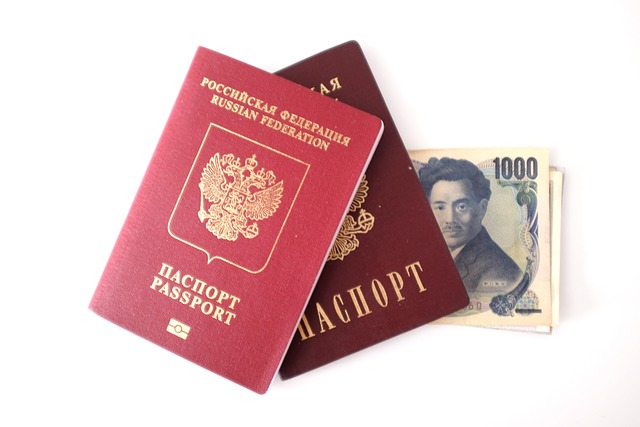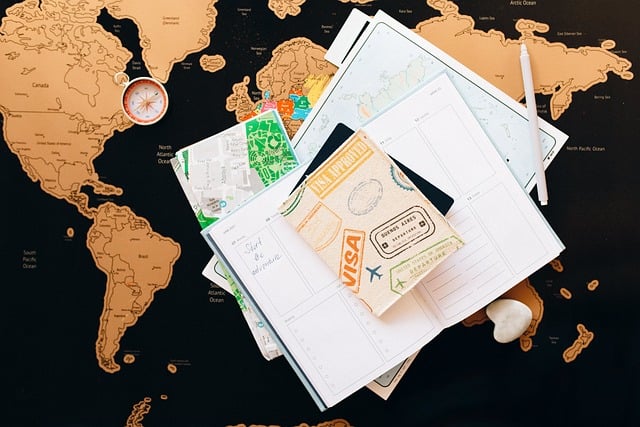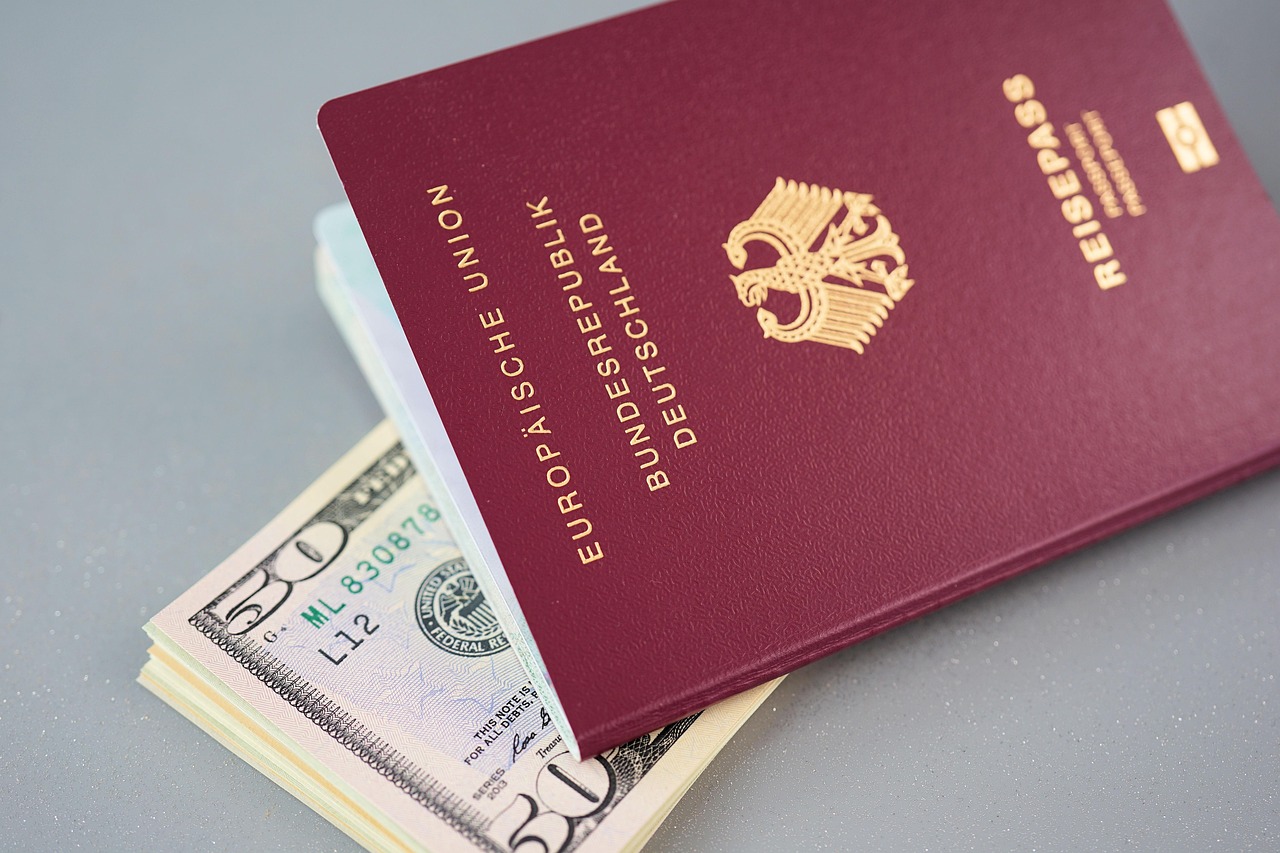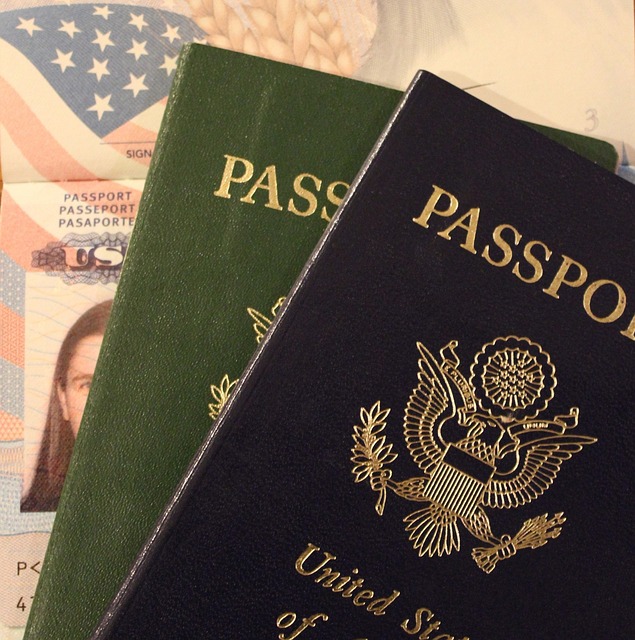Dutch Citizenship by Birth: Rules and Regulations

The Netherlands, with its high quality of life, excellent healthcare, and vibrant culture, is an attractive place to live and raise a family. Understanding the rules and regulations surrounding Dutch citizenship by birth is essential for parents, expatriates, and anyone considering starting a family in the Netherlands. In this guide, we’ll explore the various ways a child can acquire Dutch citizenship at birth, the legal requirements, and the implications of dual citizenship.
Acquiring Dutch Citizenship by Birth
Dutch citizenship by birth is primarily determined by the principle of jus sanguinis (right of blood), meaning that citizenship is passed down through parents rather than by place of birth. However, there are specific rules and exceptions that apply.
1. Citizenship Through Dutch Parents
A child automatically acquires Dutch citizenship at birth if:
- Both Parents Are Dutch: If both parents are Dutch citizens, the child is automatically Dutch, regardless of where the child is born.
- One Parent Is Dutch: If one parent is Dutch and the other is a foreign national, the child is generally Dutch, provided the Dutch parent is married to the foreign parent or has acknowledged the child.
2. Citizenship Through Birth in the Netherlands
In some cases, a child born in the Netherlands to foreign parents may acquire Dutch citizenship:
- Stateless Children: If a child is born in the Netherlands and would otherwise be stateless, the child may acquire Dutch citizenship.
- Long-Term Residents: Children born to foreign parents who have legally resided in the Netherlands for an uninterrupted period of at least five years immediately preceding the birth may also acquire Dutch citizenship.
3. Adoption
A child adopted by Dutch citizens may acquire Dutch citizenship if the adoption is legally recognized in the Netherlands. The process involves:
- Legal Adoption: The adoption must be finalized through a Dutch court or recognized under Dutch law.
- Application: The adoptive parents must apply for Dutch citizenship for the child.
Dual Citizenship
The Netherlands generally allows dual citizenship, but there are some restrictions and considerations:
1. Automatic Dual Citizenship
A child may automatically hold dual citizenship if:
- One Parent Is Dutch and the Other Is a Foreign National: The child may acquire citizenship from both parents, depending on the laws of the other country.
- Born in the Netherlands to Foreign Parents: If the child acquires Dutch citizenship through birth in the Netherlands and also holds citizenship from the parents’ country of origin.
2. Voluntary Acquisition of Another Citizenship
Dutch citizens who voluntarily acquire another citizenship may retain their Dutch citizenship, provided they meet certain conditions:
- Marriage to a Foreign National: Dutch citizens who acquire another citizenship through marriage generally do not lose their Dutch citizenship.
- Long-Term Residence Abroad: Dutch citizens who have lived abroad for an extended period and acquire another citizenship may retain their Dutch citizenship.
3. Loss of Dutch Citizenship
In some cases, Dutch citizens may lose their citizenship:
- Voluntary Renunciation: Dutch citizens who voluntarily renounce their citizenship may lose it.
- Automatic Loss: Dutch citizens who acquire another citizenship after reaching the age of 18 and have lived outside the Netherlands or the EU for an uninterrupted period of 10 years may lose their Dutch citizenship.
Applying for Dutch Citizenship for a Child
If a child does not automatically acquire Dutch citizenship at birth, parents may apply for citizenship through the following processes:
1. Option Procedure
The option procedure is a simplified way to acquire Dutch citizenship for certain individuals, including:
- Children Born to Dutch Parents: If the child was born to Dutch parents but did not automatically acquire citizenship (e.g., if the parents were not married or the Dutch parent did not acknowledge the child).
- Children Born in the Netherlands to Long-Term Residents: If the child was born in the Netherlands to foreign parents who have legally resided in the country for at least five years.
2. Naturalization
The naturalization process is another way to acquire Dutch citizenship, but it is more complex and time-consuming:
- Residency Requirement: The child must have legally resided in the Netherlands for an uninterrupted period of at least five years.
- Integration Requirement: The child (or parents, if the child is a minor) must demonstrate integration into Dutch society, including proficiency in the Dutch language.
- Application: The parents must submit a naturalization application on behalf of the child.
Practical Considerations
1. Documentation
Ensure you have all necessary documents to prove the child’s eligibility for Dutch citizenship, including:
- Birth Certificate: The child’s birth certificate, issued by the local authorities.
- Parents’ Identification: Valid identification documents for both parents.
- Marriage Certificate: If applicable, the marriage certificate of the parents.
- Residency Proof: Proof of legal residency in the Netherlands, if required.
2. Legal Assistance
Navigating the rules and regulations of Dutch citizenship can be complex, especially for expatriates and mixed-nationality families. Consider seeking legal assistance from an immigration lawyer or consultant to ensure compliance with Dutch laws and regulations.
3. Dual Citizenship Implications
If your child holds dual citizenship, be aware of the implications, including:
- Travel: Ensure the child has valid passports from both countries.
- Military Service: Some countries require military service for their citizens, which may affect dual nationals.
- Taxation: Dual nationals may have tax obligations in both countries.



